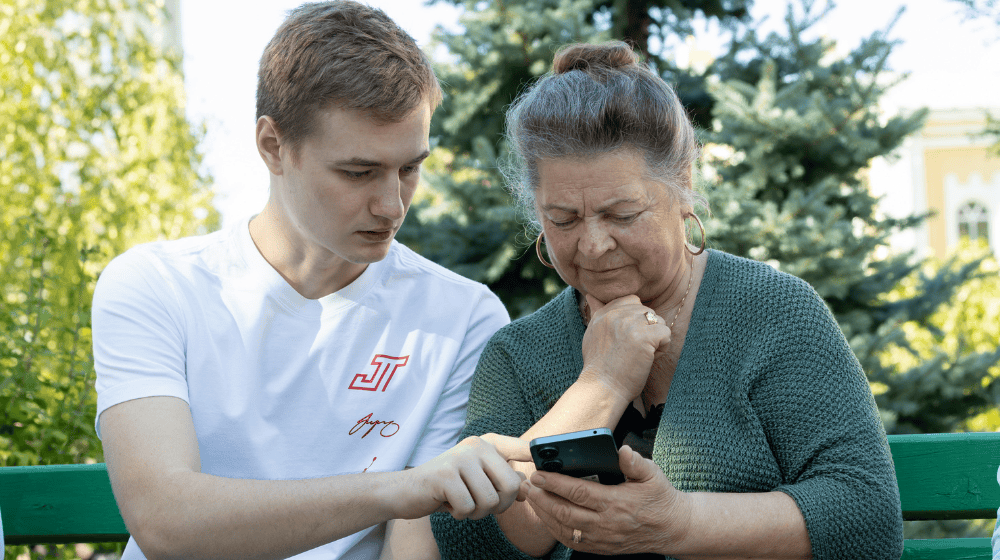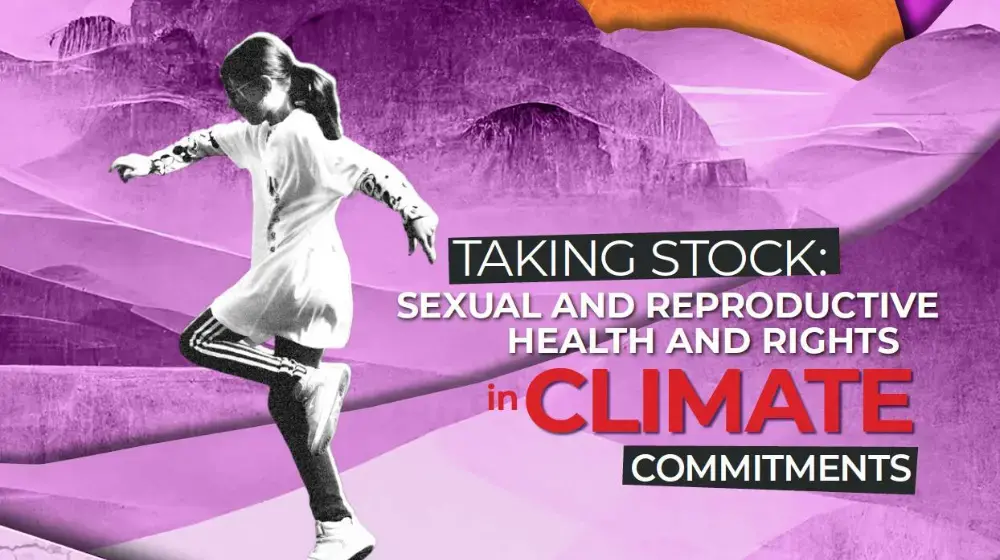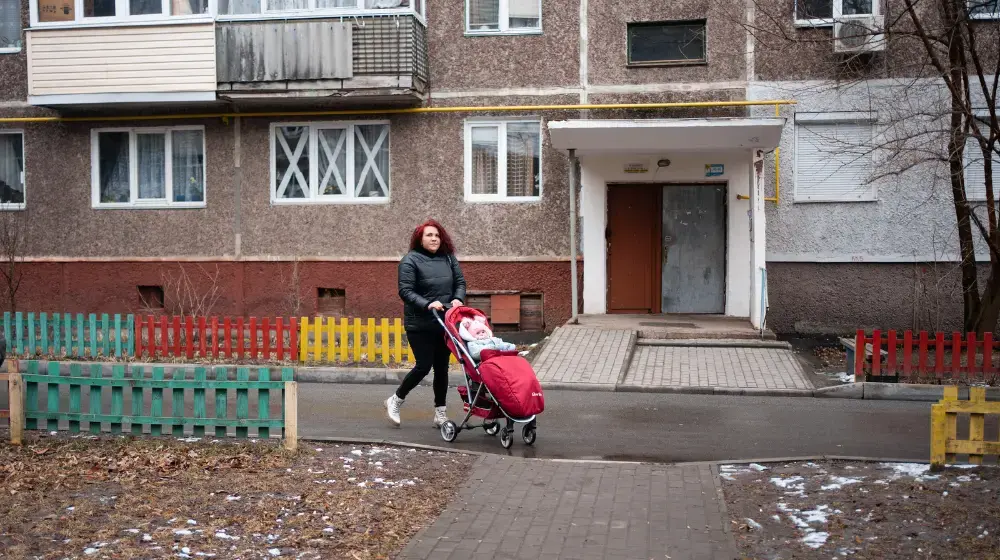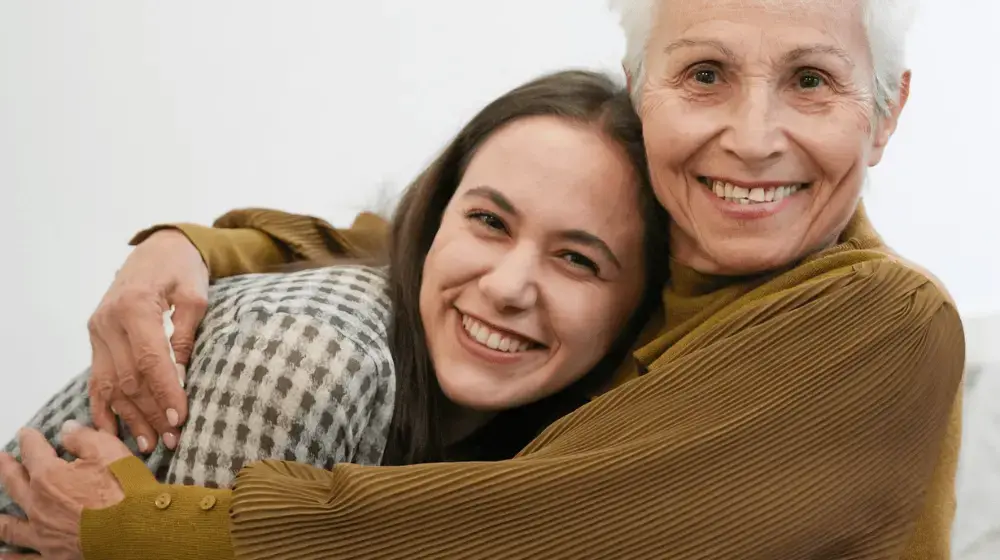CHISINAU, Republic of Moldova – Harnessing the power of artificial intelligence (AI) to empower older people to learn new skills, access essential services and stay connected with their community.
That is the goal for a group of young innovators in the Republic of Moldova developing a digital application designed specifically for older people. It features an AI-powered voice assistant similar to ChatGPT that can help users search common questions, like about health care, local events, government resources or other new technologies. It also has sections for local news and health recommendations adapted for older people.
The app is called AIDor. It is a combination of “Artificial Intelligence” and the Romanian word "Dor," which means "longing" or "yearning" and is meant to evoke a sense of connection, emotion, communication and care for older people.
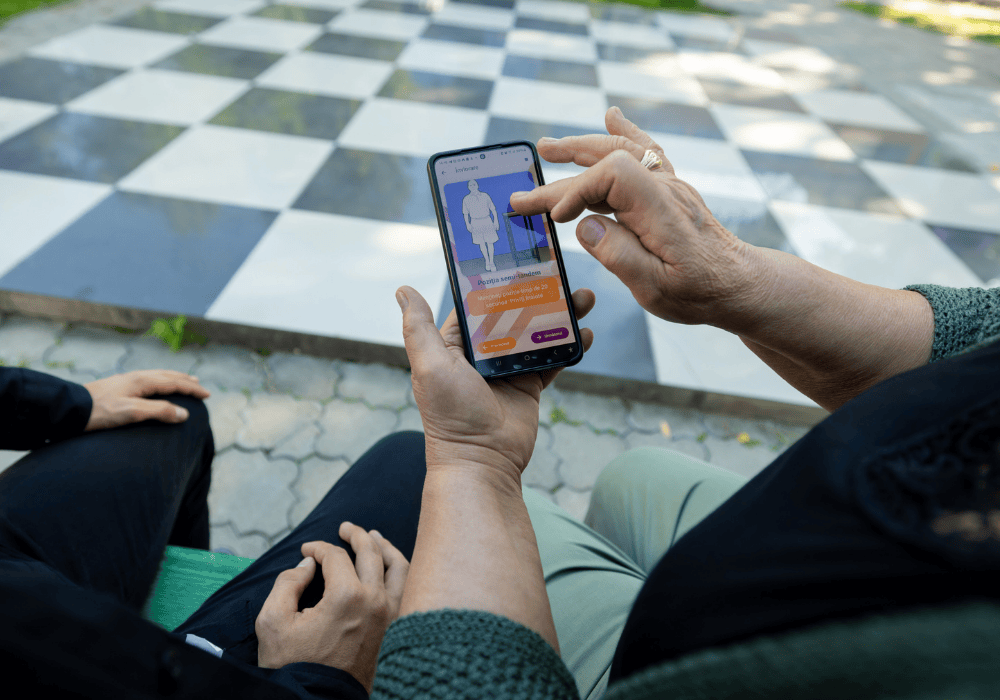
The idea was born at the “Youth4Older” hackathon in March. It was jointly organized by UNFPA Moldova in partnership with the Ministry of Labor and Social Protection of the Republic of Moldova, the Moldcell Foundation, and the Future Technologies Project funded by USAID, Sweden and the United Kingdom.
Fifty young IT specialists and students, mostly from the Technical University of Moldova, were divided into 10 teams and guided by mentors as they searched for solutions to help older people become more digitally connected and combat loneliness.
The winning team was composed of 20-year-olds Tofan Liviu and Murafa Dan and Cretu Cristian, 21. Before the hackathon, they talked to their own grandparents to get insight into the needs of older generations who did not grow up with the internet built into their lives. “Personally, I was inspired by my grandfather, who often calls me and asks me to search for something on the internet because he refuses to learn how to use a smartphone,” said Cristian Cretu.
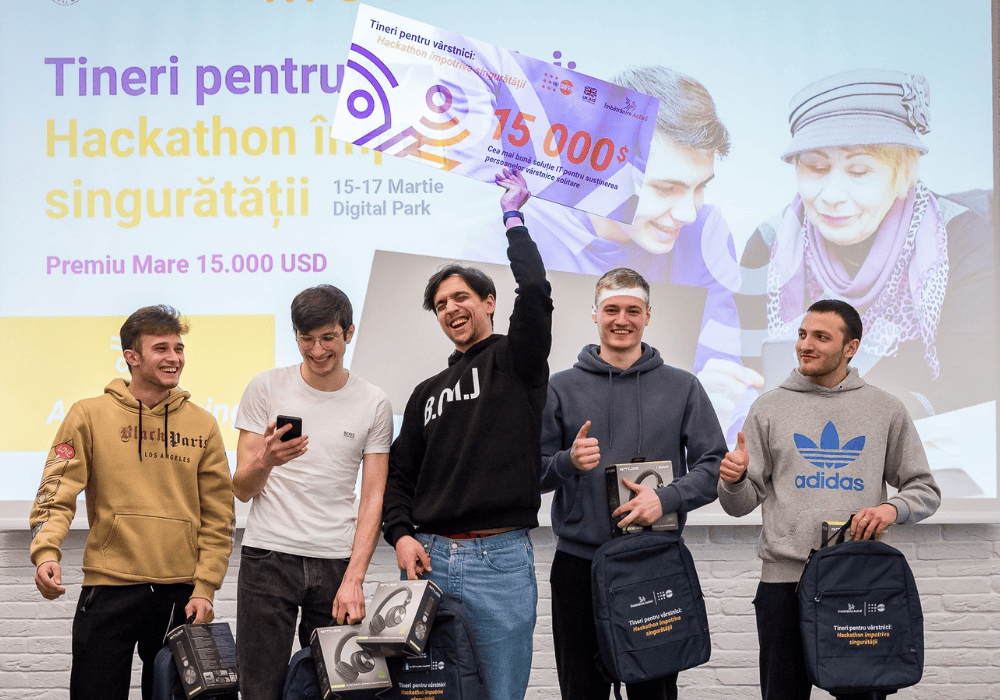
Need for lifelong learning
Like many parts of the world, the Republic of Moldova has an ageing population. About 20 per cent of the country’s population is currently over the age of 60. By the year 2040, that number will rise to every one in three people.
These changing population dynamics bring challenges for the economy and society. In order to build demographic resilience, it is vital that policies and attitudes are adapted to ensure older people continue to contribute, participate, learn and remain active members of society long into their lives.
“With every fifth person in Moldova over 60, it's time to shift the conversation from ageing to the boundless possibilities that come with it. Longer, healthier lives open doors to new horizons, from exploring the digital world to lifelong learning. Through digital inclusion, older individuals can connect across generations and seize exciting opportunities,” said Karina Nersesyan, the UNFPA Representative in the Republic of Moldova.
But there is already a worrying digital divide forming. According to the Generations and Gender Survey Report, the largest study on demographic change ever conducted in the country, older generations use the internet and new technologies at a significantly lower rate. The report found that only 33 per cent of people over the age of 60 had used the internet, compared with 74 per cent of the general adult population. The proportion of people aged 55 to 74 involved in lifelong learning activities, including digital skills training, is two times lower in the Republic of Moldova than the average in the European Union.
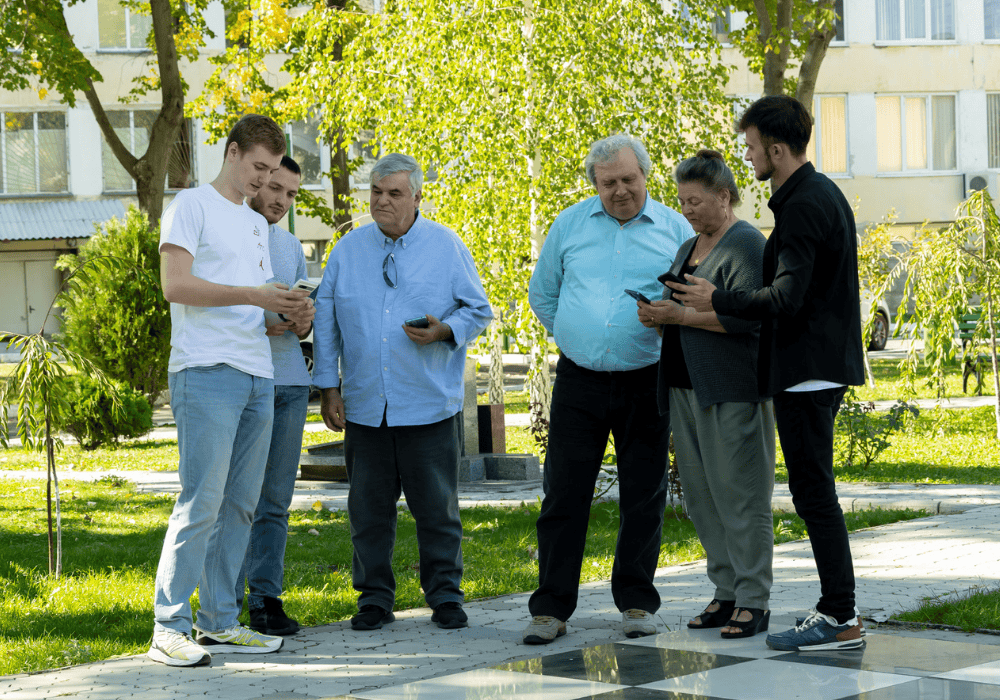
This lack of digital literacy and skills can limit older people’s access to public services and information, which are increasingly found online, and also risks causing social isolation.
Loneliness among older persons has become a particular concern as it can affect their mental health and overall well-being. Data from the Generations and Gender Survey revealed that the highest frequency of loneliness is found among people over the age of 65, with more than 20 per cent experiencing moderate to extreme loneliness.
Vision for the future
After winning the hackathon, the AIDor developers were provided with resources and mentorship to further their project. Throughout the summer, they worked under the guidance of the startup incubator Technovator to refine their prototype and test it out on their target audience. “We would like to make an impact on the society in which we live, to offer something good, something beautiful,” said team member Murafa Dan.
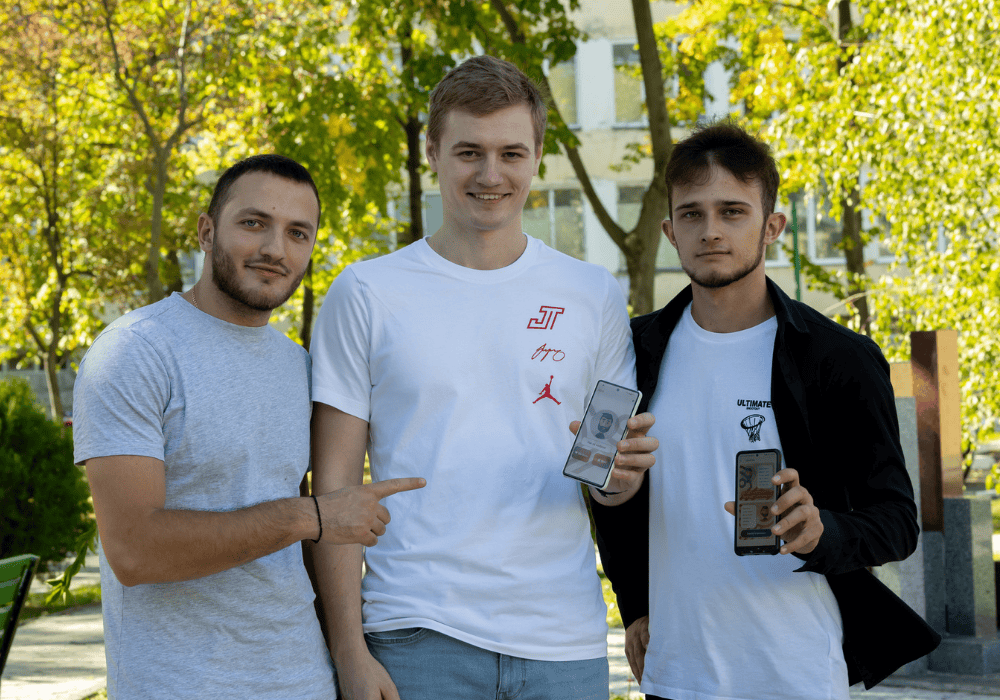
They hope to soon have the app available for older people to access across the country. They believe it could be a tool to foster greater learning and connection not only among older people but also between generations.
“Unity and solidarity between generations is very important, especially in the period we are in now, when there are many attempts to divide us,” said AIDor’s Liviu Tofan. “Most often good communication between the older and young people happens between grandchild-grandparent or another older relative, because these are your close people. It would be wonderful if we could have the same type of positive relationship in our society, where everyone treats each other with respect and with the desire to help simply because we are all human.”

